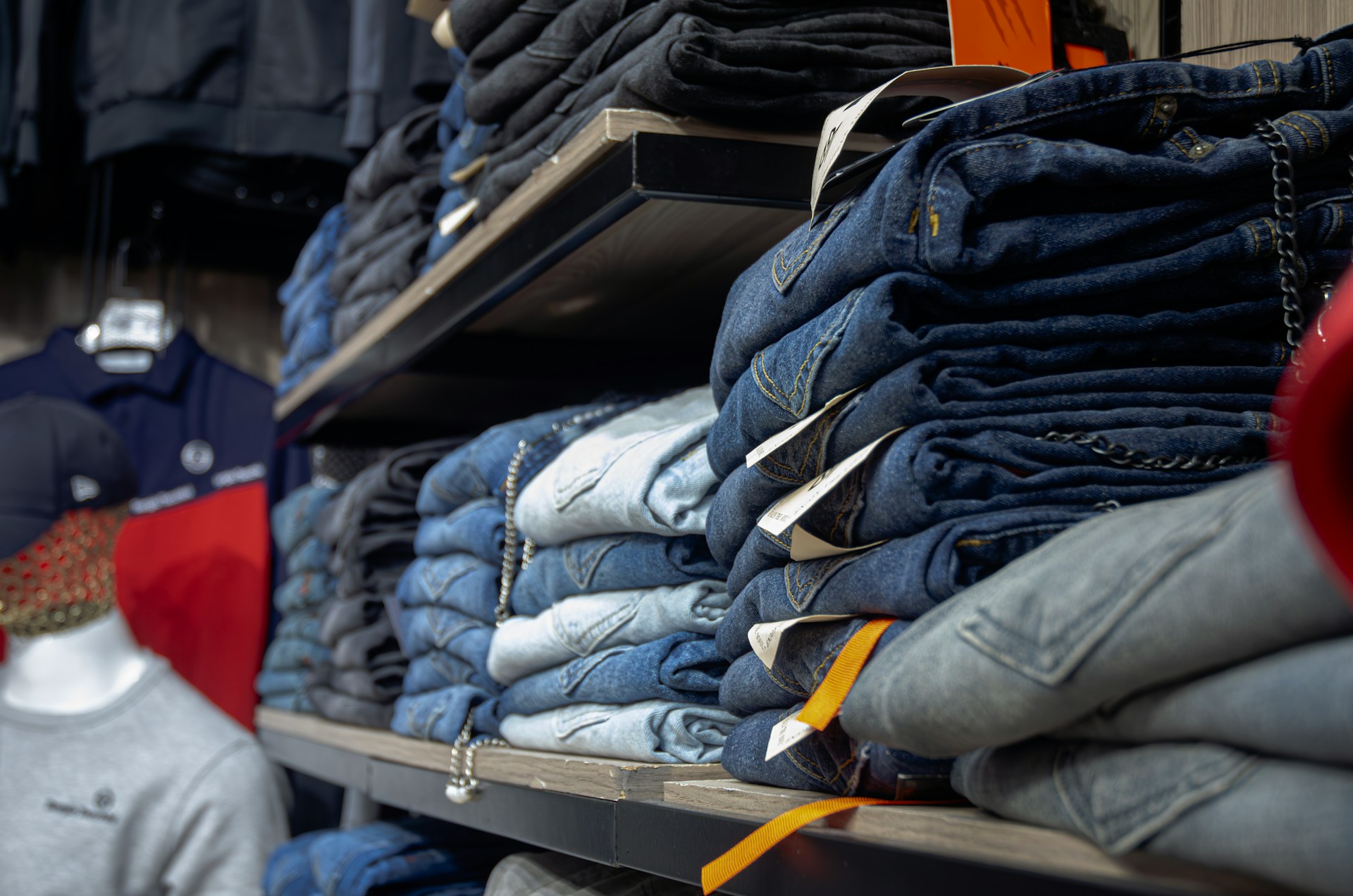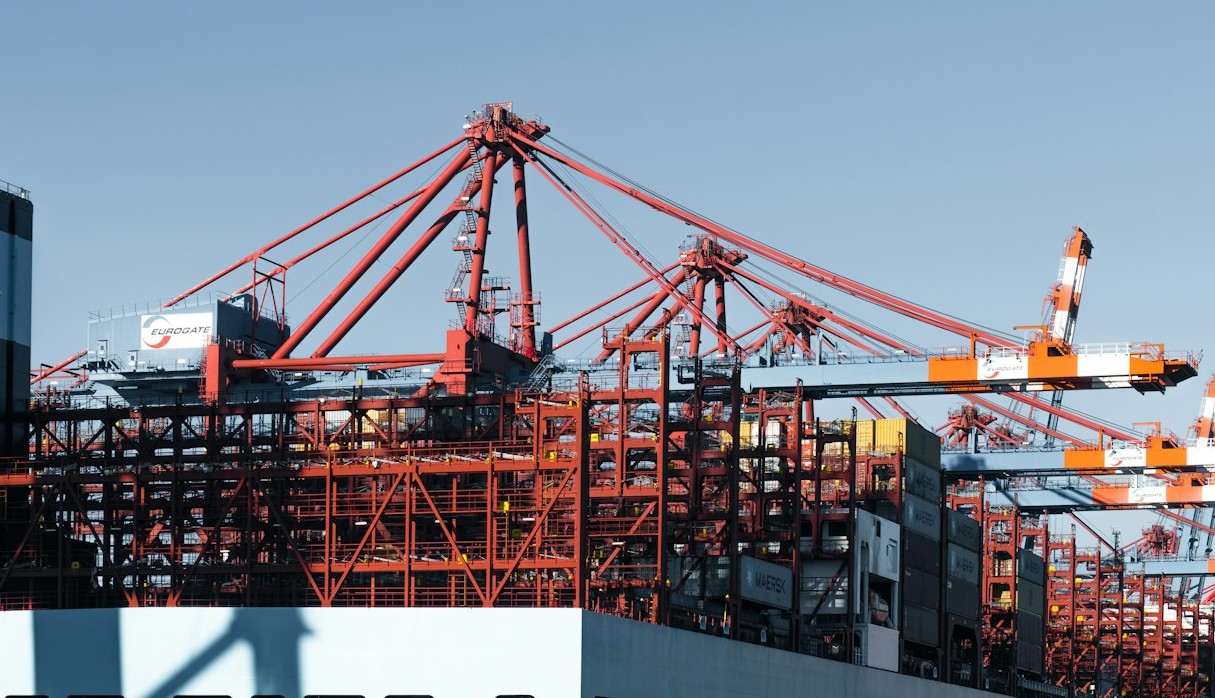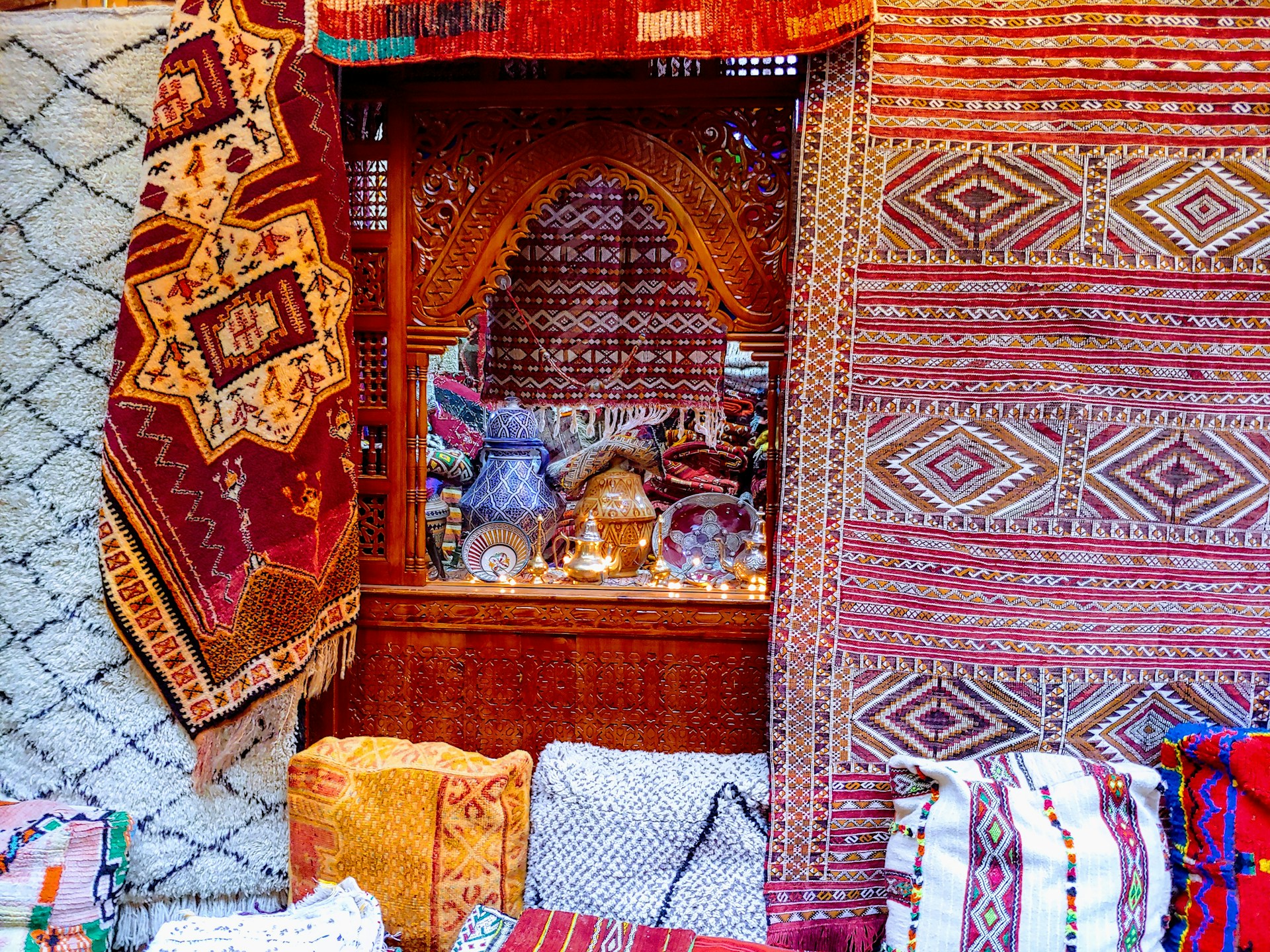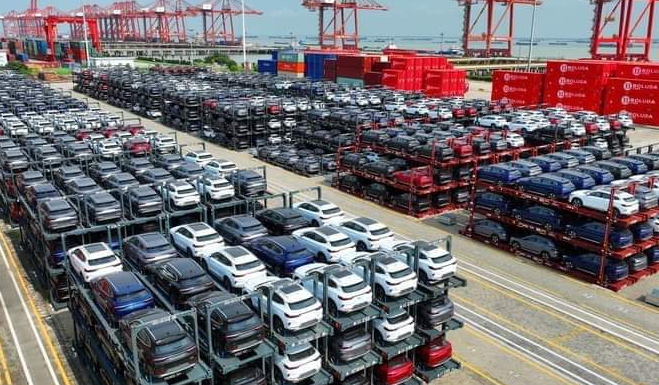Casablanca – As part of its preparations for the annual Marhaba 2025 operation, the Moroccan Customs and Indirect Tax Administration has rolled out a new set of measures aimed at easing customs procedures for Moroccans residing abroad. The reforms, officially announced this week, focus primarily on vehicle importation and target both long-term residents overseas and citizens returning permanently to the country.
Key measures targeting seniors abroad
Among the most notable provisions is a 90% customs duty reduction on the import value of new cars. This benefit is available to Moroccan nationals aged 60 or older who can prove at least ten years of continuous residence outside the Kingdom. The initiative seeks to reduce the financial burden on the aging diaspora and facilitate their ability to acquire personal vehicles in Morocco.
To access this benefit, applicants are no longer required to present the traditional consular certificate. In a move towards flexibility, regional and local customs officials are now legally empowered to accept alternative documents, such as:
- A foreign residence card,
- A valid foreign national ID,
- A certificate of residence issued abroad,
- Or a detailed residency statement from the competent authority in the country of residence, such as local police or municipal offices.
This policy shift is intended to eliminate administrative hurdles that previously delayed the customs clearance process and created confusion among applicants.
Special provision for permanent returnees
Moroccan nationals returning permanently to Morocco are also eligible for tailored customs benefits. In particular, they can now receive a customs duty reduction equivalent to three years off the age of the imported vehicle, which can significantly lower the cost of bringing a used car into the country. This exemption is granted only once in a lifetime and is applicable to one vehicle per individual.
In a further effort to streamline the process, Moroccan Customs has eliminated the requirement to submit recent tax documents or two years’ worth of salary records, a condition that previously added complexity to the vehicle importation procedure for returning citizens.
Diplomats and students abroad are excluded from these specific exemptions.
Transparency and communication measures
To ensure clarity and prevent misinterpretation of the new regulations, the Customs Administration has published an updated guide on its official website. The guide includes detailed explanations of the new procedures and the types of documentation required, offering step-by-step support for citizens seeking to import vehicles during the 2025 summer season.
This initiative is part of a broader commitment by Moroccan authorities to modernize and simplify administrative procedures for the diaspora, particularly during the Marhaba operation—a key logistical effort that supports millions of Moroccans traveling home during the summer.
Strategic context and government objectives
The new customs reforms align with the broader national strategy to strengthen ties with the Moroccan diaspora, which plays a vital role in the country’s economy through remittances, investment, and knowledge transfer. The government has repeatedly emphasized the need to offer practical incentives that encourage long-term engagement with Morocco, especially as many expatriates consider retiring or investing in the country.
The easing of vehicle importation procedures is one of several initiatives launched in recent years to improve the overall experience of Moroccans living abroad. These include infrastructure upgrades at ports of entry, expanded consular services, and more transparent communication between state agencies and diaspora communities.
Looking ahead
With the summer season approaching, the successful implementation of these customs reforms will be a key test of Morocco’s ability to deliver responsive public services to its global citizens. Authorities are expected to monitor the rollout closely and gather feedback from both users and customs officers to assess the effectiveness of the new procedures.
For many members of the Moroccan diaspora, the 2025 edition of Marhaba may mark a turning point—where symbolic gestures of inclusion are matched by concrete administrative improvements on the ground.















